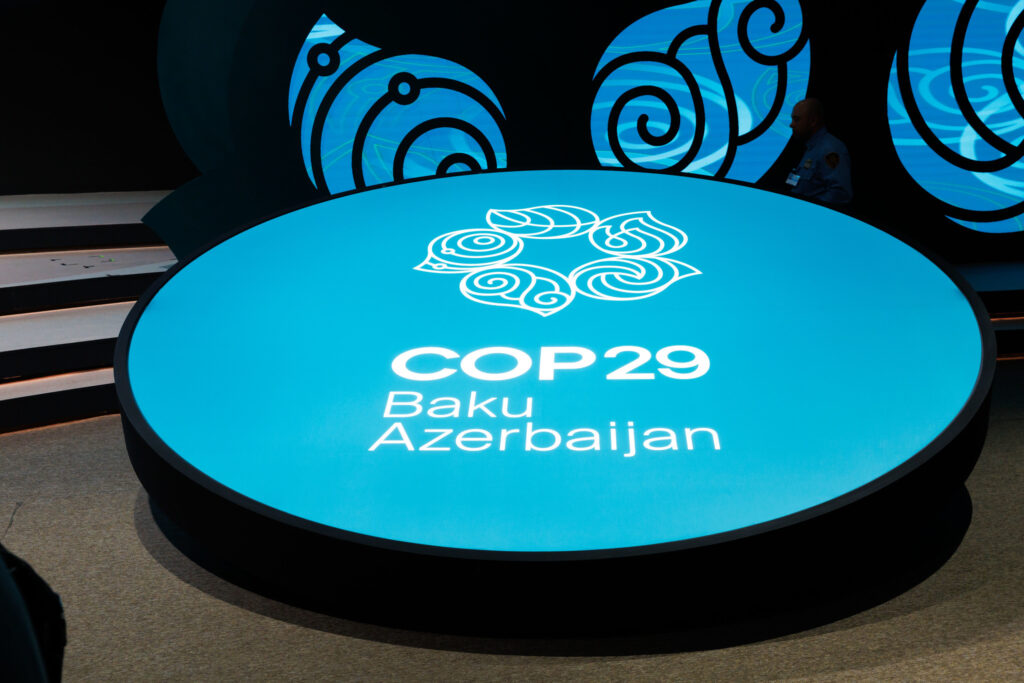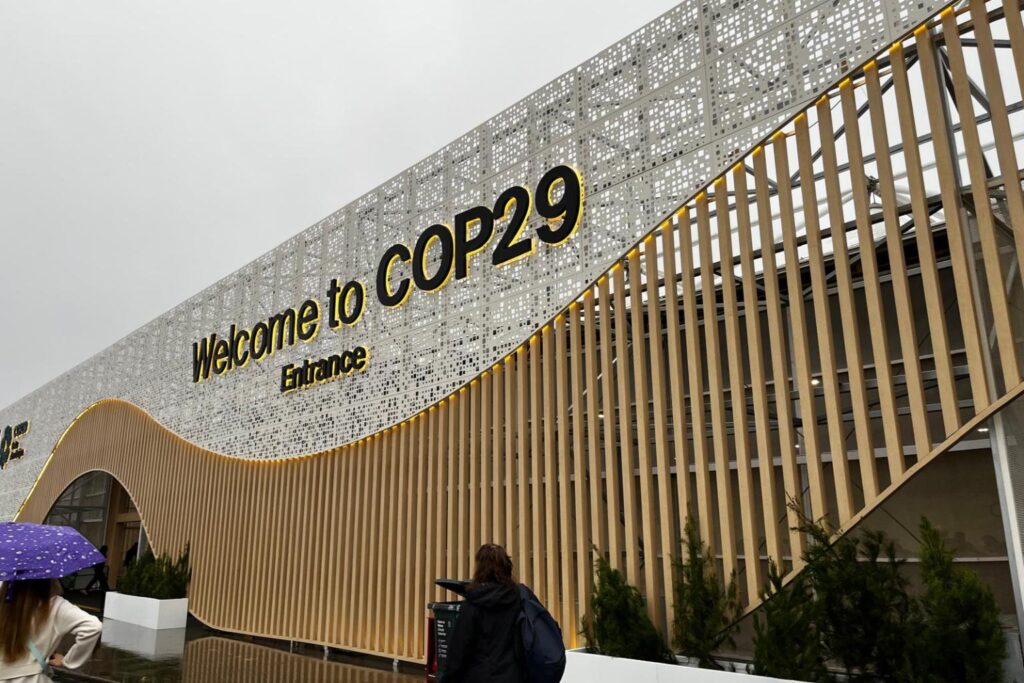Baku. The recently concluded COP29 summit in Baku brought both progress and disappointment, as nations debated the critical issue of climate finance.
Developed nations have agreed to help channel “at least” $300 billion a year into developing countries by 2035 to support their efforts to deal with climate change. However, African leaders have decried the pledge as inadequate to address the continent’s pressing challenges.
African nations, grappling with the devastating impacts of climate change—including prolonged droughts, erratic rainfall, and agricultural disruptions—had hoped for a more ambitious commitment. Initial expectations exceeded $1 trillion annually, reflecting the scale of the crisis and the continent’s vulnerability.
A “Missed Opportunity” for Real Change
Ambassador Ali Mohamed, Kenya’s Special Envoy for Climate Change and Chair of the African Group of Negotiators, criticized the $300 billion commitment as insufficient.
“The proposed quantum of $300 billion falls far short of the estimated $5.1–6.8 trillion needed for climate action by 2030. Adjusted for inflation, this figure is even lower than the $100 billion promised in 2009. Such an insufficient target undermines the aspirations of developing countries and risks repeating the shortcomings of previous goals,” Mohamed stated.
He emphasized that while the New Collective Quantified Goal (NCQG) for climate finance was outlined, its implementation remains uncertain, dependent on the goodwill of public and private actors. “No guarantees exist that climate finance will come as grants instead of debt-loading loans for vulnerable nations. Africa demanded clear targets for mitigation, adaptation, and loss and damage management. We received none.”
Balancing the Scales of Climate Finance
Baku’s decisions failed to address the imbalance between financing for mitigation and adaptation. While mitigation (reducing emissions) often garners significant investment, adaptation efforts, which directly benefit vulnerable communities, remain underfunded.
Substantial financial flows must reach those on the frontlines: families displaced by rising seas, farmers battling failing crops, and communities rebuilding after cyclones. According to Mohamed, translating words into action will require localized solutions and meaningful support for adaptation measures, including developing indicators to track progress on global and local scales.

Diverging Perspectives
UN Secretary-General António Guterres reflected on the mixed outcomes of COP29. “This year has been marked by record heatwaves and climate disasters. No country got everything it wanted, and we leave Baku with significant work ahead.
This is not a time for celebration but for urgent planning as we look to COP30,” he said in a closing video address.
Despite some leaders welcoming the $300 billion pledge, many representatives from developing nations expressed dissatisfaction. India’s delegate called the goal “uninspiring” and urged richer nations to increase their contributions.
On a brighter note, countries agreed on new rules for the carbon market, which could provide revenue for developing nations that actively conserve carbon sinks like forests. However, much work remains to ensure this market genuinely benefits vulnerable populations.
A Call for African Solutions
Environmental advocate Clay Mwaifani urged African nations to reduce their reliance on uncertain international pledges by fostering sustainable domestic funding mechanisms.
“COP happens every year, and Africa should have anticipated this. We need to create an environment for internal financing to thrive,” said Mwaifani.
He also highlighted the importance of transitioning to resilient agricultural practices and addressing environmental degradation caused by fossil fuel reliance.
As COP29 concludes, Africa faces the dual challenge of demanding accountability from wealthier nations while pursuing innovative, self-sustaining solutions. With climate disasters intensifying, the continent cannot afford delays or empty promises. The road to COP30 will be a test of global commitment to a just and equitable climate future.


